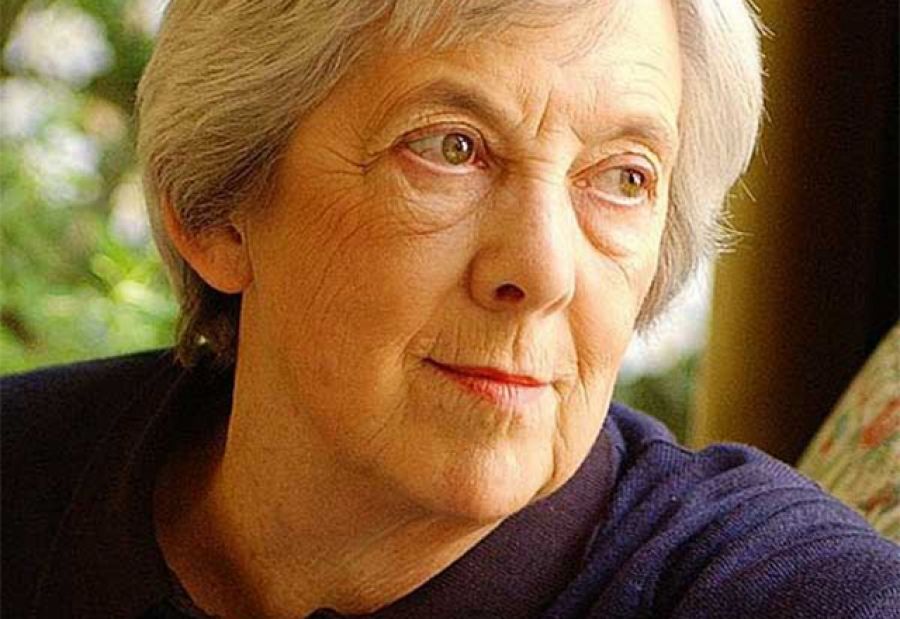
- Free Article: No
- Contents Category: Open Page
- Custom Article Title: Open Page with Brenda Niall
- Review Article: No
- Online Only: No
- Custom Highlight Text:
Writing has always seemed an easy, natural thing to do. But it was a long time before I thought of myself as a writer rather than an academic.
What is your favourite music?
Vocal, sometimes opera. The Marriage of Figaro for one. Favourite voices: Jessye Norman, Cecilia Bartoli. The music of the spoken word: Paul Scofield’s Hamlet, and Richard Burton reading The Rime of the Ancient Mariner and ‘Frost at Midnight’.
Which human quality do you most admire?
Empathy – in life and in art. The great novelists have it – think of Middlemarch. Biographers need it, too. One quality I admire in Mark McKenna’s life of Manning Clark is his empathy with the often deplorable Clark.
What is your favourite book?
Perhaps The Great Gatsby. Miraculously, it survived being read year after year with students at Monash University. It still seemed fresh and funny and sad, every time.
Who is your favourite author?
Henry James. Immense riches, as well as stretches of boredom and exasperation.
And your favourite literary hero and heroine?
Pierre in War and Peace, a hero who thinks and feels. Henry James’s Maisie (in What Maisie Knew) for her resilience and her sense of wonder.
How old were you when your first book appeared?
The first (not counting two ‘academic’ books) was Seven Little Billabongs: The World of Ethel Turner and Mary Grant Bruce. I was forty-eight. At the time, I ought to have been engrossed in French literary theory, but decided to amuse myself with an ironic-nostalgic study of these bestselling Australian writers for children.
What, if anything, impedes your writing?
There’s always a tension between sociability and the solitude I need for writing. As a full-time academic, it was hard – partly because I really liked the life and the teaching. Of my eleven books, four were written while I was juggling the double career. Since retiring from Monash in 1995, I’ve found time for seven books, including four biographies and a memoir.
How do you regard publishers?
With admiration. In thirty-three years I’ve had no disasters, few disagreements, some beautifully designed books, and lasting friendships with all my editors.
What do you think of the state of criticism?
There’s plenty of discerning criticism, but shrinking space is a worry.
If you had your time over again, would you choose to be a writer?
Yes, I would. Perhaps I should have started earlier. But I think biography (unlike poetry or fiction) is best left for middle age, after some experience of living and observing.
What do you think of writers’ festivals?
I never expect to enjoy them, but on the whole I do.
Do you feel artists are valued in our society?
If you mean news value or public attention, no. But writers and other artists last longer than sportspeople.
What are you working on now?
My new biography, True North: The Story of Mary and Elizabeth Durack has only just been published, so it’s still very much in my mind. But the next one, a life of the enigmatic, controversial Archbishop Daniel Mannix, is beginning to invade. The Duracks left a huge collection of wonderful family letters. With Mannix, I can see my first sentence: ‘It took three days to burn his private papers ...’ It won’t be easy.


Comments powered by CComment